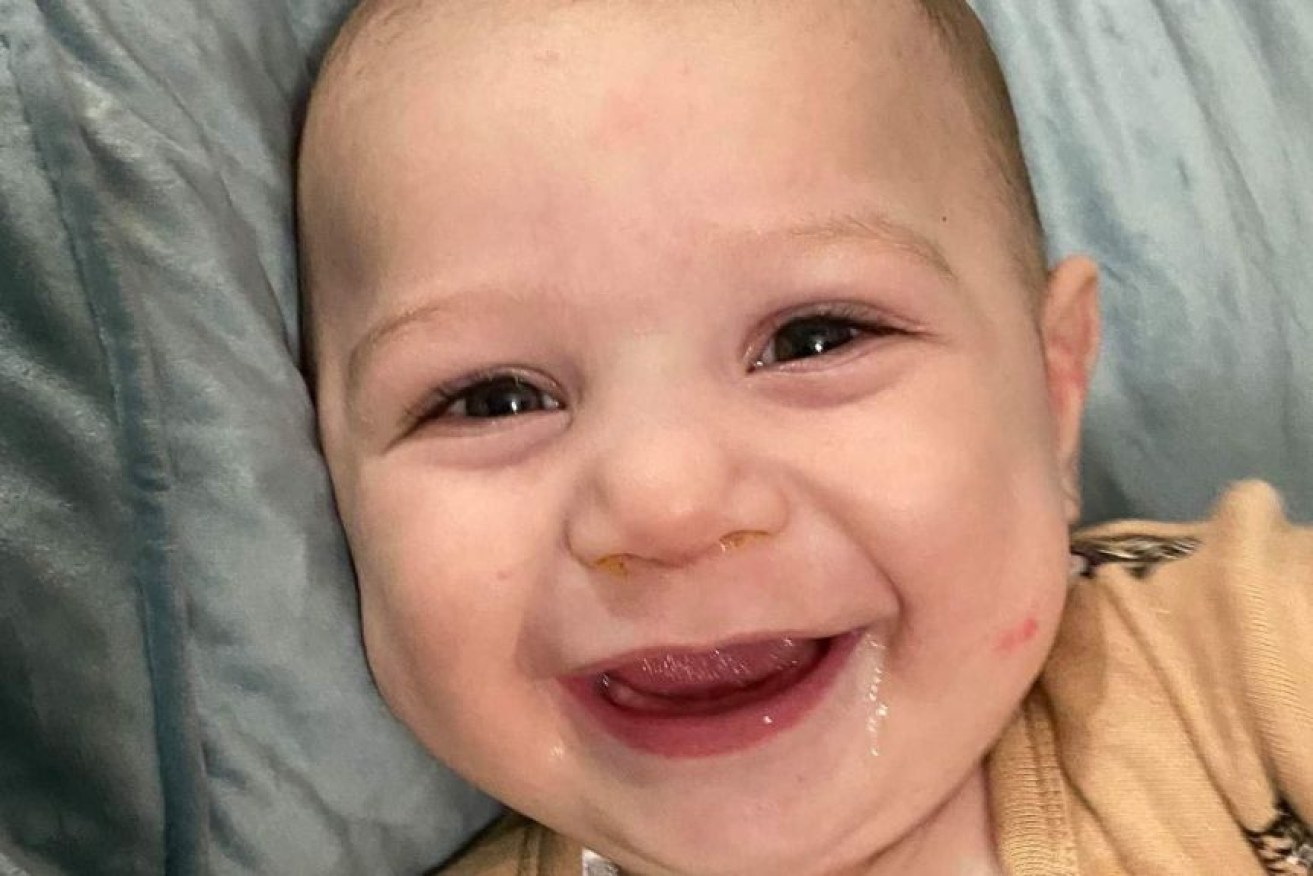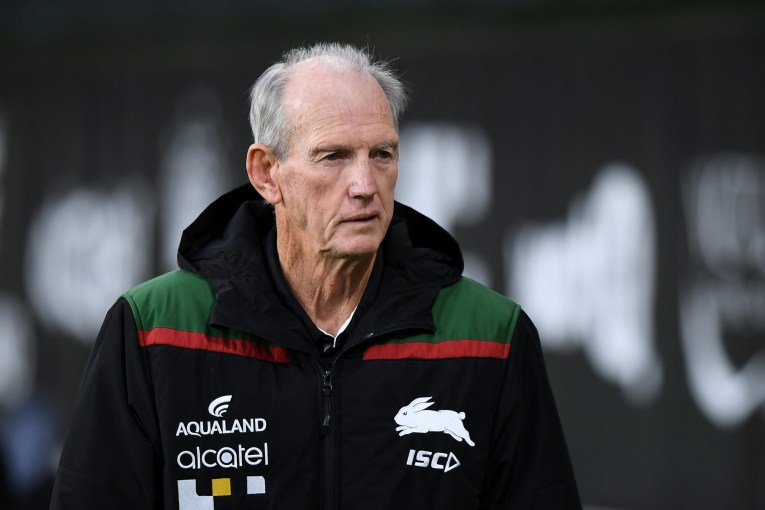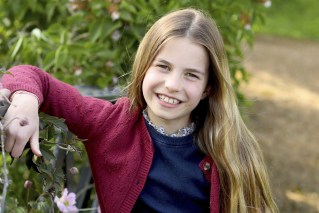Another troubling report on child safety as another little face joins the list of victims
The Auditor-General has delivered a worrying report on Queensland’s child protection system, finding under-resourced family support services and delays in responding to complaints.

Beau Bradshaw died in hospital two days after being found unresponsive by Mackay paramedics. (Photo: Facebook)
Auditor-General Brendan Worrall has warned that the economic and social impacts of the COVID-19 pandemic will increase the risk of vulnerable children falling “through the gaps” in a system already struggling to respond to family breakdowns.
In a major audit tabled in parliament today, Worrall warned that despite recent attempts to improve child protection, “the system is not perfect, and much work still needs to be done”. A lack of transparency also hid the true state of affairs.
“We found a system under pressure from high demand, and one that is not adequately structured to meet the complex, 24/7 needs of vulnerable children,” Worrall said.
The warning came as a man appeared in the Mackay Magistrates Court to face charges over the death of his six-month-old son.
Ayden Jedd Bradshaw, 24, who appeared via video link this morning, was arrested yesterday after his son, Beau, was found unresponsive at a home in East Mackay in June. The baby was taken to hospital but died two days later.
Police allege the baby suffered a traumatic brain injury and other internal injuries.
Bradshaw did not make an application for bail during his brief mention in court and the matter was adjourned until October 28 for a committal mention.
Police have previously said the family had no contact with the Department of Child Safety before Beau’s death. The circumstances around his death have yet to be detailed in court.
While there are more family support services available in Queensland now than in the past, the audit urged the department to work with providers to increase engagement with families.
“However, even if they are successful in increasing consent rates, the current system is unlikely to have the capacity to meet increased demand,” the audit found, noting that families faced more complex issues.
“We heard from some family support service providers who reported high caseloads and said they were struggling to keep up with demand. We could not assess their caseloads because they do not record this information. The COVID-19 pandemic is expected to have significant social and economic impacts that will adversely affect some Queensland families. This is likely to increase demand on the family support and child protection system.”
The department was also struggling with a large number of mandatory, but low-risk, reports of potential harm. While it was quick to prioritise reports, response times varied greatly.
“Between 2013–14 and 2018–19, the median time taken by child safety officers to sight a child who was in immediate danger and required a 24-hour response was 19 hours and 12 minutes—from the time the intake service received the child harm report,” the audit found.
“However, the Department of Child Safety is not timely in sighting children for child harm reports that are less urgent and require a five- or 10-day response. We found that regions with the highest staff turnover and the highest transfer of staff between regions also had the longest delays to sight a child.
“Outside of standard business hours, the Department of Child Safety provides a limited after-hours intake, response, and support service. It has an after-hours service centre located in Brisbane, which is responsible for after-hours child protection matters in all regions across the state.
“Regional Department of Child Safety staff and Queensland police expressed concerns about the capacity and ability for the service centre to respond after hours. We were provided with examples of police having difficulty getting support from the after-hours service centre.”
The Liberal National Party has vowed to overhaul the system, and provide more rapid response after-hours, if it wins the October 31 election.
Child Safety Minister Di Farmer today said her department had accepted or accepted in-principle all eight recommendations arising from the audit.
“We’re continuing to work to improve and strengthen the child protection and family support system,” Farmer said.
“While the report makes important findings and recommendations to which we must respond, this is the second recent report which reviewed the child protection system, found it is under pressure, made quality recommendations, and did not find the system is broken.”
Farmer was referring to the recent report arising from a coroner’s inquest into the Mason Jet Lee. There was also an earlier report from the Ombudsman raising concerns.
The audit also urged the department to be more transparent, noting that some reported turnaround times were based on business days, not calendar days.
“For the 2018–19 financial year, the Department of Child Safety reported that 92.5 per cent of its 24-hour priority investigations were commenced and the child was sighted within 24 hours,” the audit found.
“While this is accurate, it does not include the time taken to screen the child harm reports. When the screening and approval period is included, these investigations were commenced, and the child sighted, within four days of the Department of Child Safety receiving the child harm report.”
For those children needing to be taken out of their homes and re-accommodated, a shortage of carers has led to continued disruption.
“Between 2013–14 and 2018–19, 18 per cent of children placed into care by the Department of Child Safety had between six to 10 placements, six per cent had 11 to 20 placements, and 0.3 per cent had 21 to 30 placements,” the audit found.
The Auditor-General recommended the department improve the quality and availability of out-of-home care options available to children requiring care.
– With ABC / Angel Parsons












